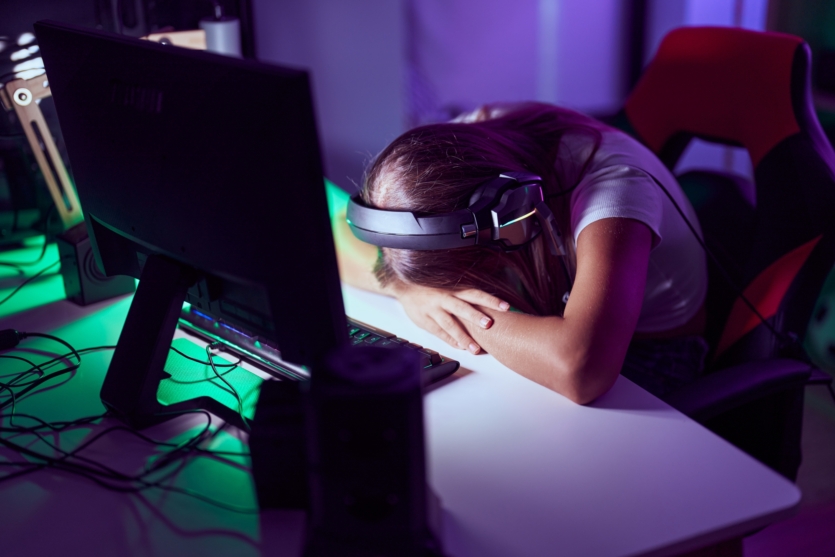
Know-how or “wedge out” — in China, children have been treated for gambling addiction with games. Yes, it sounds strange, but it makes sense.
In fact, an unusual course lasting 22 days is intended to make children “burn out”. Su Chenhao, the owner of an esports club from Hebei Province, once opened a club to train professional players, but quickly realized that finding real talent was almost impossible. He was worried that instead of finding a “nugget”, it all boils down to the fact that most teenagers simply run away to the virtual world and gradually become addicted.
This prompted Su to launch a new business in China in 2023, game deterrent programs. Their cost depends on the duration and condition of the child: a week costs several thousand yuan, and the longest version — 22 days — will cost 10,000 yuan (approximately $1400).
The approach to treatment there is strict: children are forced to play from 9:00 to midnight without a break, except for lunch and short runs. The owner of the eSports club believes that the tremendous pressure on teenagers makes gaming no longer a recreation and a way to escape from reality, but something harder and more exhausting than studying. So the idea is simple — turn your favorite pastime into a hated chore that makes you not want to sit at the computer any more.
Children’s reactions vary. For example, a girl named Xiao Dan dreamed of becoming an esportswoman, but on the first day of the course she suffered muscle cramps. Another boy started crying and asked to go home on the second day of the course. In total, Su’s club has managed to re-educate about 4000 children in seven years, and more than 85% of them had serious gaming problems.
This is not the only example in China. There is another club in Sichuan Province that also runs similar programs. Over the past eight years, 700 children have been trained there, but only three of them managed to make it to professional esports teams. According to Hou Xu, the club’s owner, a player has only one in 120,000 chances to become a pro. Therefore, one of the main tasks is to dissuade those who don’t even have a chance from trying any further. But then, if they are cunning enough, they will rent an office to simulate work and not work anywhere.
In China, esports has a special place in modern history. It was officially recognized as a sport back in 2003 and now has about 490 million users in the country. At the same time, players’ earnings can range from 20,000 yuan ($2,800) per month for the average player to $140,000 for the top esports players. The legends of the scene earn even more through advertising.
Logically, many children see esports as an easy and enjoyable way to turn their leisure time into a job that will make them rich. But the reality is quite different. The competition is too high, and many minors simply waste their time without noticing their gaming addiction. So Su and his colleagues began to look at the problem as an opportunity to both make money and help someone return to real life. A few years ago, Beijing tried to overcome this “addiction” with the help of a limit on games and the TikTok app but we understand the result ourselves.
Source: SCMP

Spelling error report
The following text will be sent to our editors: